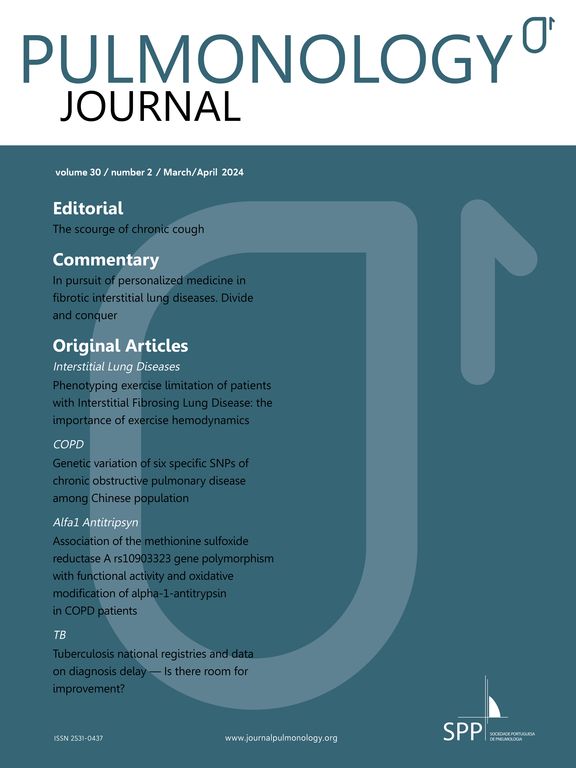A patologia do foro respiratório constitui, actualmente, uma importante causa de morbilidade e mortalidade e perspectiva-se um aumento da sua importância no futuro imediato. A especialidade de Pneumologia, em Portugal, tem de acompanhar a natural evolução da Medicina, com formação de peritos cada vez mais competentes e adaptados aos desafios vindouros no seio de uma Europa comunitária. Estão em curso algumas alterações destinadas a melhorar a aprendizagem dos futuros pneumologistas e que visam também a obtenção do Diploma Comum de Pneumologia. De forma a conhecer a opinião e sugestões dos internos, tutores e directores dos Serviços de Pneumologia do País, os autores realizaram um inquérito relativo à formação nesta especialidade, cujos resultados são apresentados e discutidos.
Rev Port Pneumol 2005; XI (3): 211-242
Respiratory diseases are an important cause of morbidity and mortality and their importance is expected to increase in the near future. The Pneumology speciality in Portugal must accompany the natural evolution of Medicine and contribute to creating competent experts, adapted to new challenges within the European Community. Some changes are currently in the process of implementation, directed at improving the learning experience of future Pneumology specialists in order to obtain the Common Certificate of Pneumology. A survey related to the training in this speciality was conducted to ascertain the opinions and suggestions of Residents, Tutors and Directors of Pneumology departments in Portugal. This paper will present and discuss the results of this survey.
Rev Port Pneumol 2005; XI (3): 211-242
- Home
- All contents
- Publish your article
- About the journal
- Metrics
- Open access






